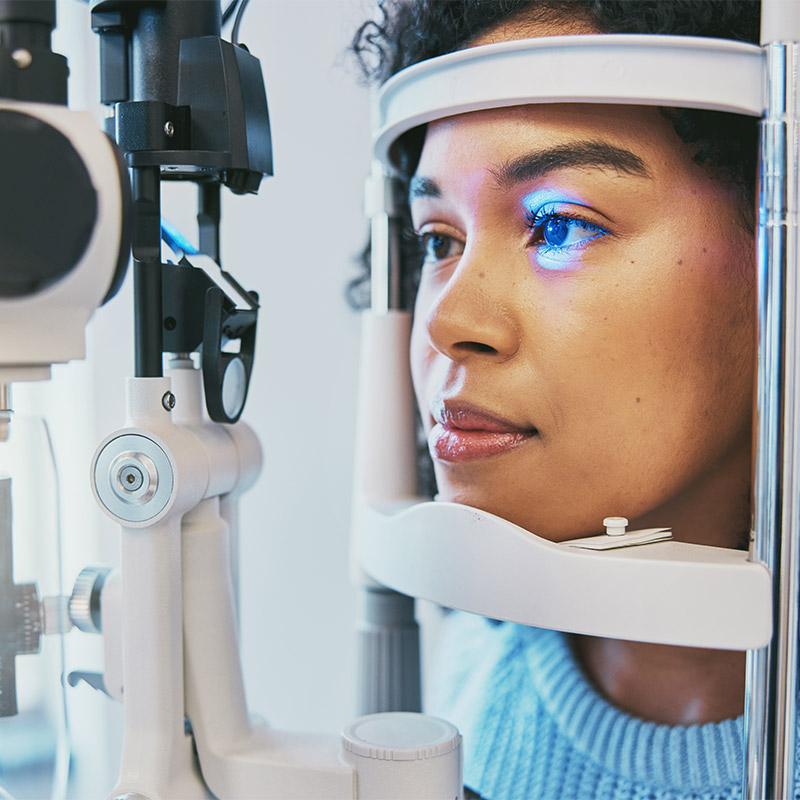Central Retinal Vein Occlusion
Central Retinal Vein Occlusion Specialists
What Is Central Retinal Vein Occlusion?

Types of CRVO
Non-Ischemic CRVO
Ischemic CRVO
Are You Affected by These Risk Factors?
Explore Our Other Services
Spindel Eye Associates strives to provide comprehensive care for patients in Derry and the surrounding communities. Patients come to us for a slew of reasons, and we see people who need intensive treatment as well as those just looking for an eye exam. Here are just a few of the services we offer:
- Lenses and frames
- Pediatric eye exams
- Astigmatism treatment
- Lasik eye surgery
- Patient financing
